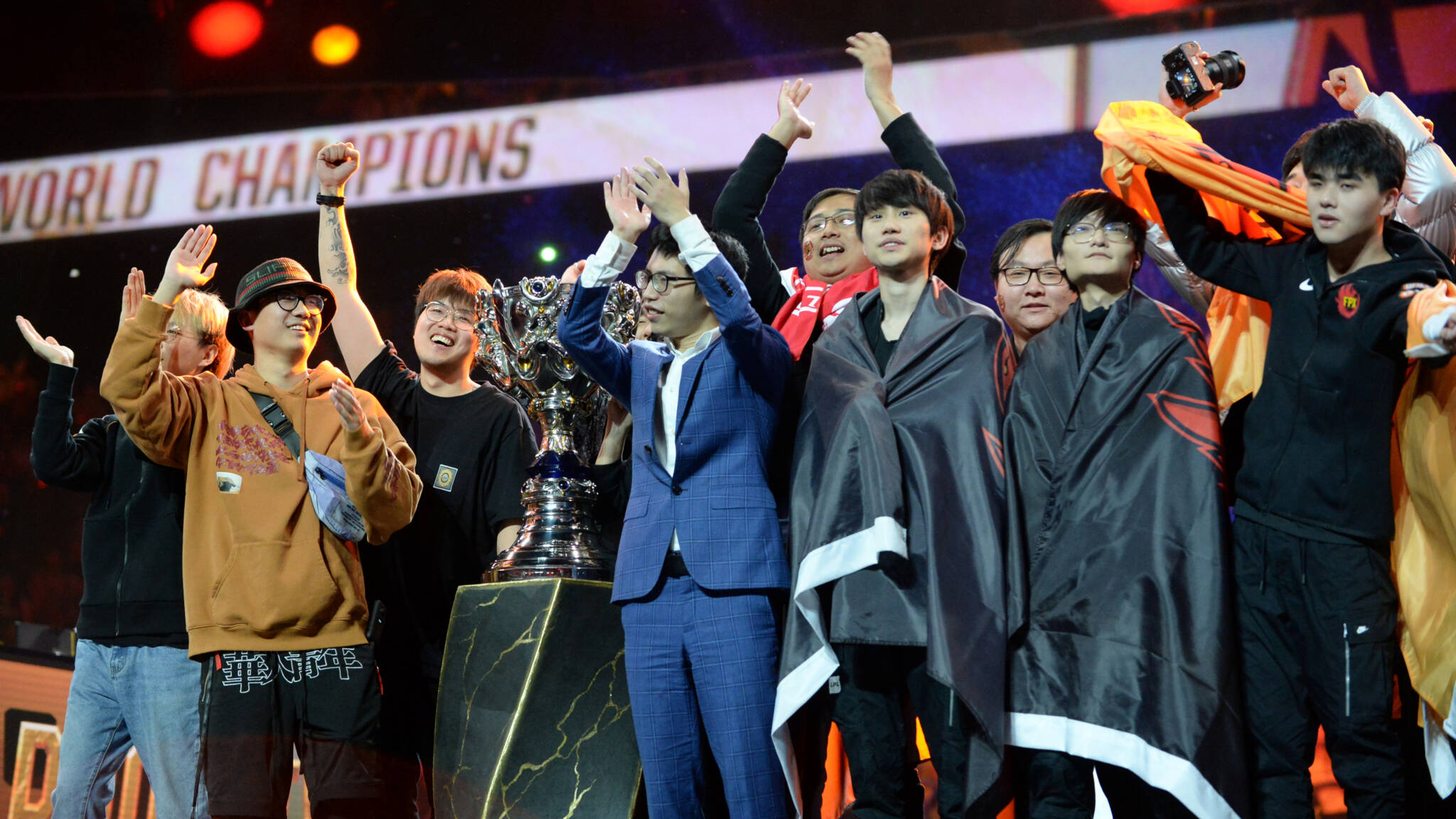Are you not going on holiday this year and are you looking for a fun group or family activity? Or do you still need to celebrate your son's or daughter's children's party? Then the Rabo Esports Stadium on the H20 Esports Campus in Purmerend is certainly worth a visit. This is the largest gaming centre in the Netherlands. After a period in which the campus was forced to close its doors, the largest Esports Gaming Centre of the Netherlands will reopen on Saturday the 4th of July. The official opening will follow later. For families we designed special Esports Experience Tours, for children we organise Gaming Holiday Camps and of course the best children's parties.
Sjaak Kuil, manager of esports gaming activities: 'We've been itching to reopen for weeks, but it has to be done in a responsible and safe way. June we found too early. At this location we are quickly up to 30 people, so this relaxation was not enough for us to open the doors. Saturday 4 July is still under reserve. The government has yet to confirm that we can receive 100 people from July onwards, but in the meantime we look forward to this with confidence.
Special birthday parties for children between 16 March and 30 May
A lot of children's parties will have been cancelled in recent months. For those who had a birthday between 16 March and 30 May, we have a special offer! The birthday boy or girl will receive a cool gift that of course has to do with gaming. Fortnite children's parties, Minecraft Masters, flying with drones, Virtual Reality or interactive sports, or a combination of all this, for boys and girls from 7 years of age there is plenty to do. Our range of children's parties is growing every week and can be seen at www.h20.gg.
H20 Gaming holiday camps
The H20 gaming holiday camps are intended for boys and girls aged 7 to 12. During the summer holidays, children can compete with their peers in a lifelike gaming arena in various games such as Fortnite, FIFA 20 and Rocket League. In addition, they can race like Max Verstappen on a Formula 1 circuit in one of our racing seats.
Besides gaming, we also pay attention to sports and games. We think it is important to get a lot of exercise during the day. We have interactive gaming walls where you are challenged to get the best out of yourself. That means running and flying as well. Children can register for one or more days.
Unique day out with the Esports Experience Tour
The H20 Esports Experience Tour is a unique tour through the largest esports & gaming centre in Europe. During the tour participants will get information about the history, the present and the future of esports. During this tour one looks through the eye of the gamer, the viewer or parent, but also through the eye of the child. The H20 Esports Experience Tour is a unique experience for young and old! In about 1,5 hour you will learn more about all the activities that the H20 Esports Campus and the Rabo Esports Stadium offer.















 TwaanLab is the breeding ground for digital technical thinkers, creatives, makers and wizzkids.
TwaanLab is the breeding ground for digital technical thinkers, creatives, makers and wizzkids. 









